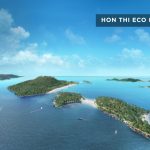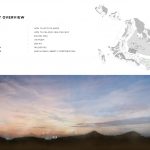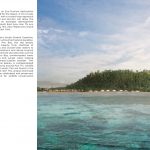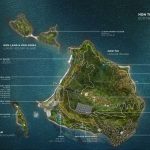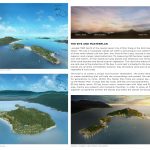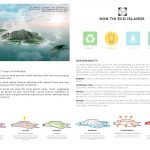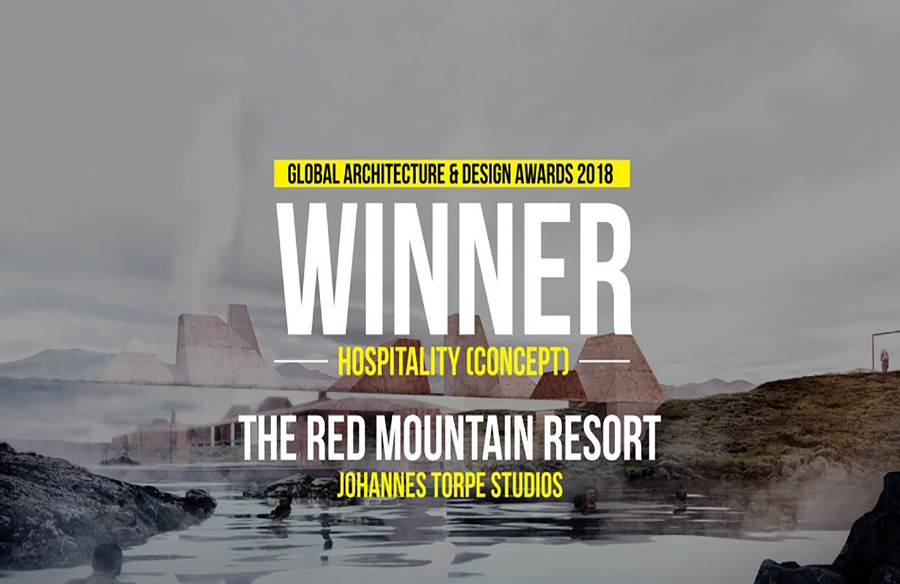Hon Thi Islands are set within a picturesque cove called Nha Phu Bay. The islands are surrounded by calm and clear blue waters which include some coral reefs.
Architecture, Construction & Design Awards 2018
Third Award | Hospitality (Concept)
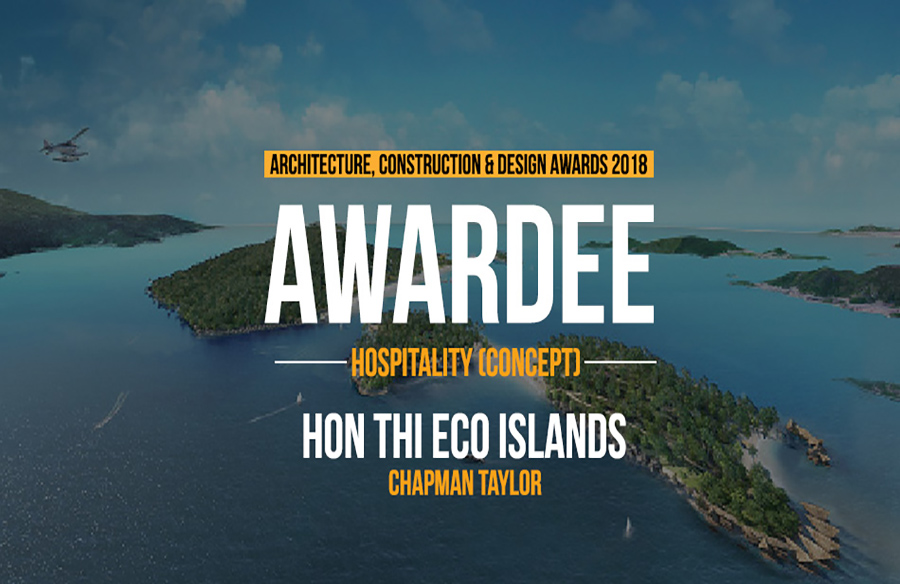
| Project Details | |
| Architect: | Chapman Taylor |
| Team Members: | Oscar Martinez |
| Country: | Thailand |
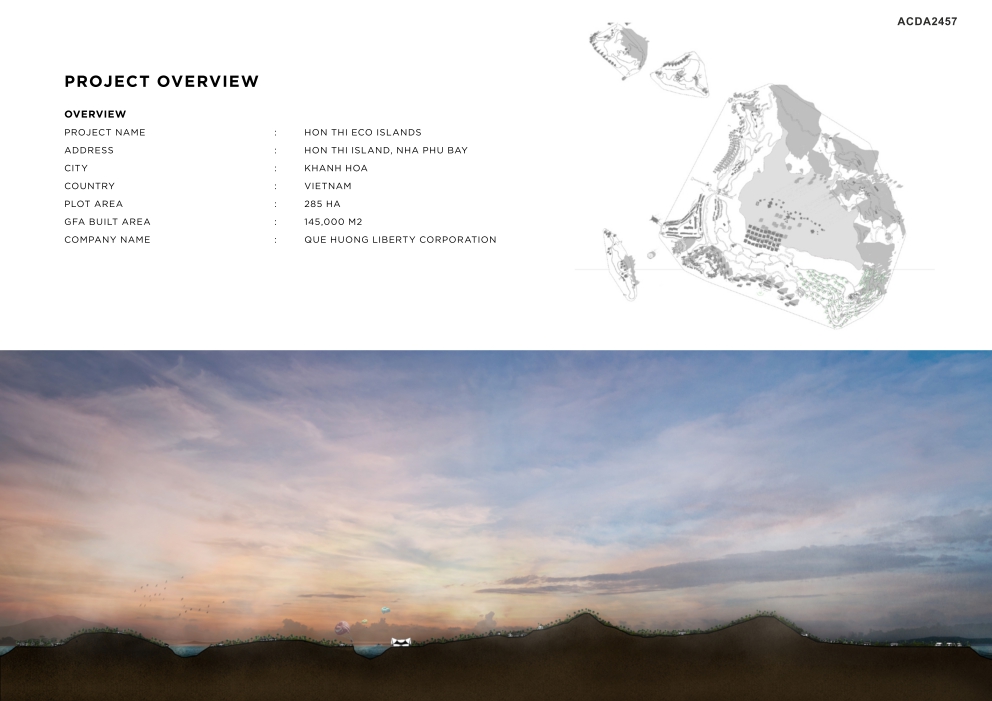
©Chapman Taylor
“Creating a human centric eco-tourism development”
Hon Thi Eco Island main target is to create a unique ‘Eco-Tourism’ destination with activities for organic farming, eco-tourism, health and wellbeing, and scientific research and education areas. Sustainability is at the heart of this Masterplan, structured in four main verticals: Energy, Water, Waste & Materials. All of the residents, operators and visitors will need to follow the sustainable philosophy and guidelines which govern the development to make it self-sufficient. Hon Thi Islands will be the very first zero waste eco island in South East Asia.
“The region is famous for the local fishing communities and their unique cultural heritage of textiles, food, art, net weaving and floating dwellings, all being passed down from generation to generation”
Organic forms found in the geometry of the fisherman nets are used as the main inspiration element and expressed in the design of the Architecture and landscape. The nets also allow for all of the components of the Master Plan to intertwine and connect with one another.
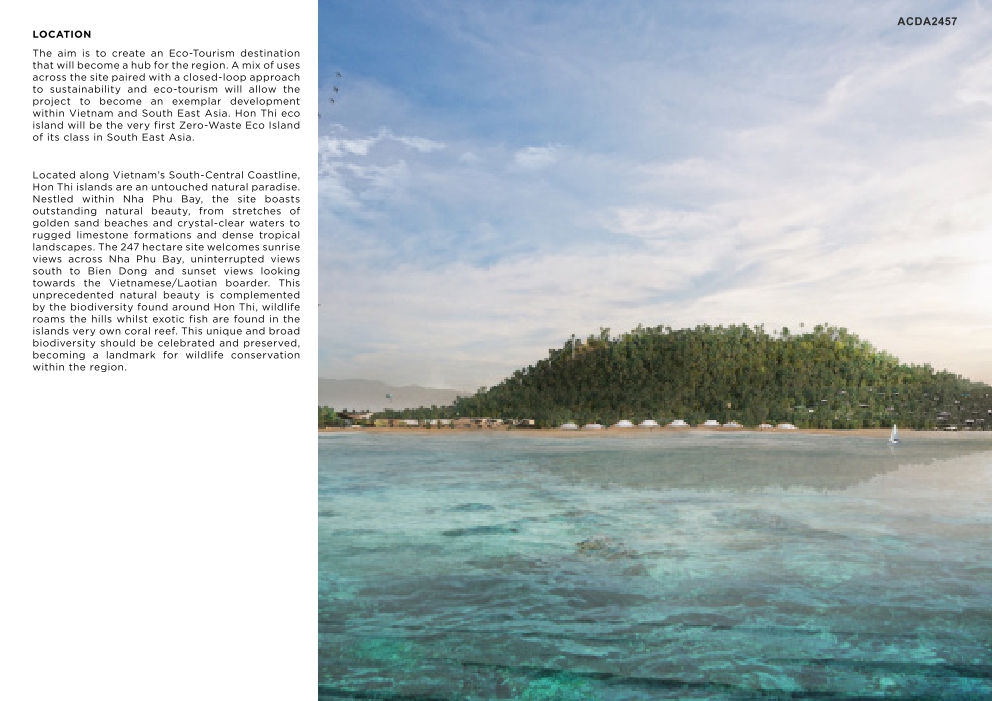
©Chapman Taylor
Zero Waste:
– On-site waste management center
– Recycling plant
– Organic waste composting and energy plant
– On-site incinerator for non-recyclables – incinerator plant can be utilized to create electricity for the Islands
– Electric Collection Vehicles
– No waste sent Landfill
100% Green Energy:
– Solar farm
– Biofuel production
– Heat recovery Turbine (Incinerator)
– Natural energy processing plant
– Hydro-Electricity (Reservoir)
– Biomass & organic waste energy plant
– Energy Storage facilities (Lithium Ion Battery Plant) Self-sufficient Water Strategy:
– Water reservoir
– Water treatment plant
– Wastewater treatment plant
– Rainwater harvesting
– Grey water recycling
– Responsible water consumption campaign
100% Emissions-free Vehicles:
– Bicycle sharing scheme
– Electric transportation
– Buggies
– Biofuel ATVs
– Cable car
– Electric shuttle boats (electric motor or solar powered)
– Autonomous aerial vehicles (AAVs)
- ©Chapman Taylor
- ©Chapman Taylor
